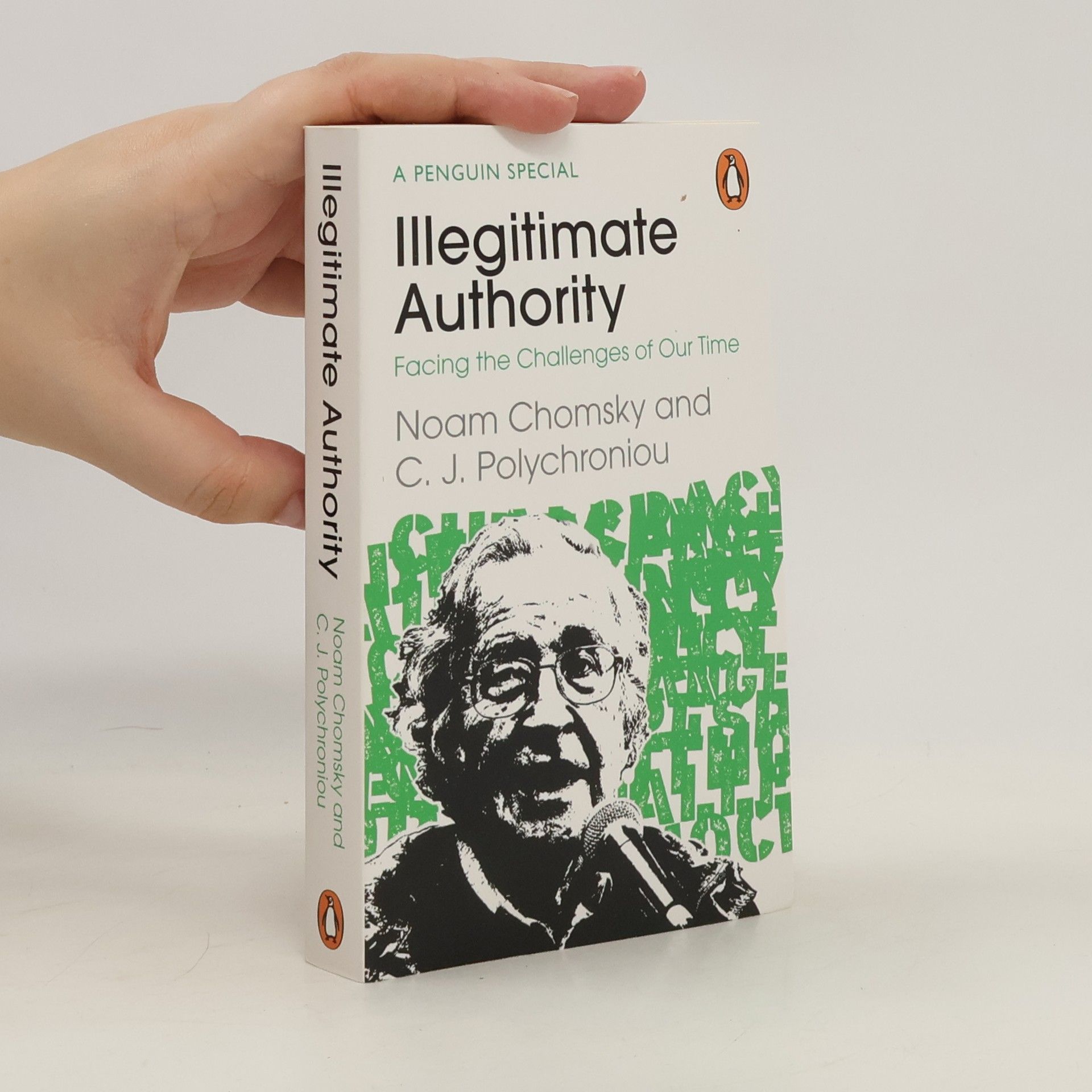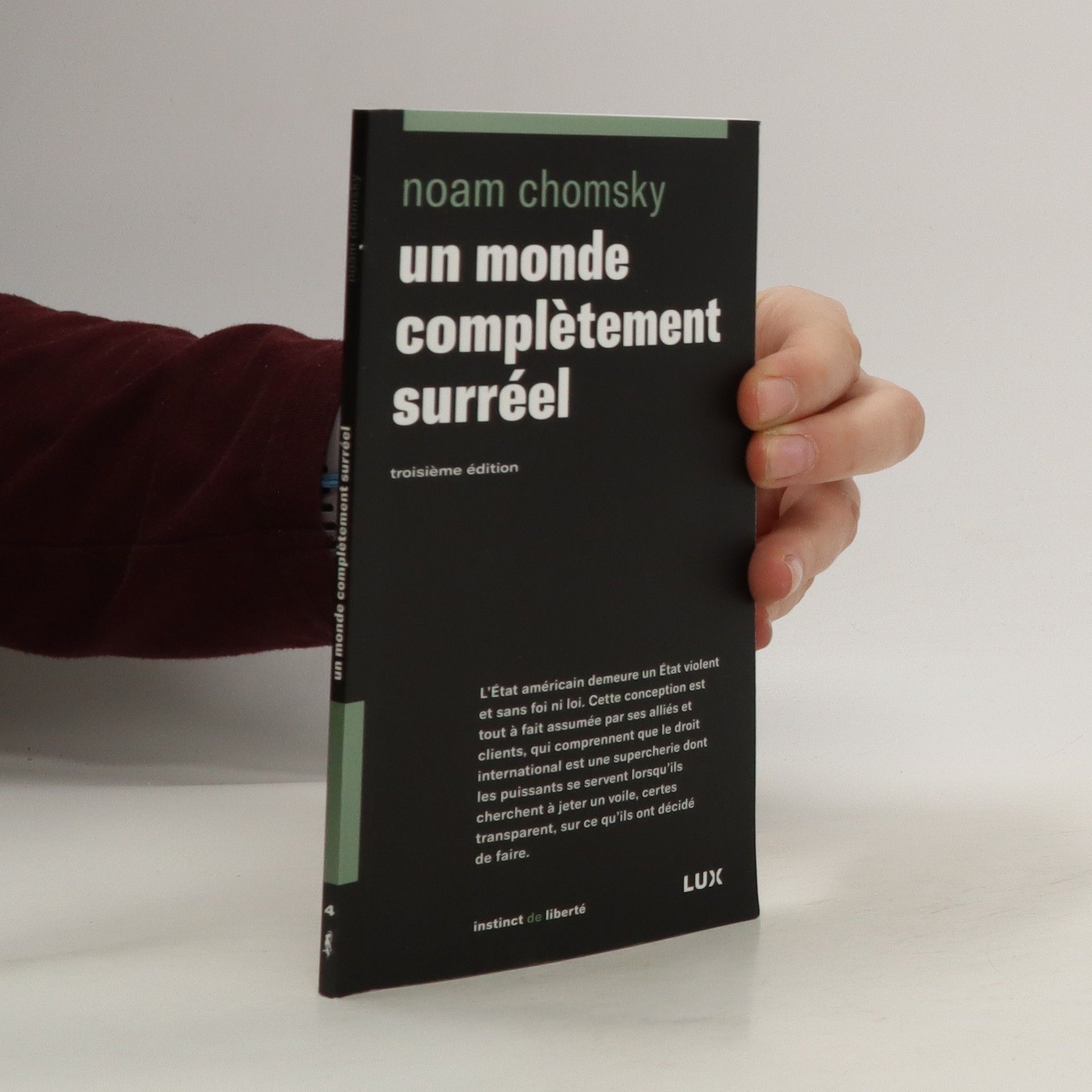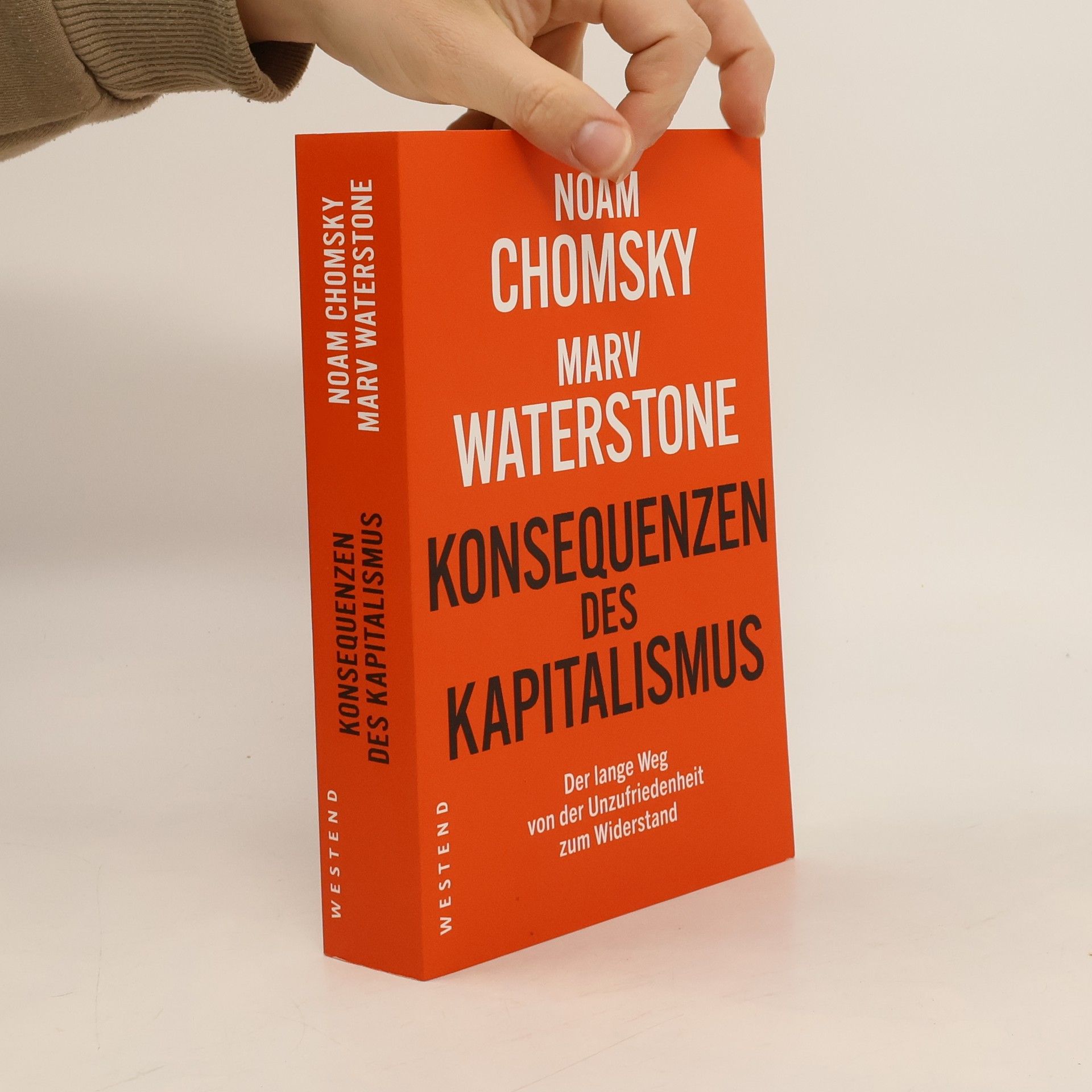A New Generation Draws the Line
Kosovo, East Timor, and the "Responsibility to Protect" Today
- 176 pages
- 7 hours of reading
The book delves into the complexities of 'human intervention' as employed by Western powers, examining its implications and contradictions. Chomsky critiques the moral justifications for interventions in various global crises, including Afghanistan, Libya, Palestine, Syria, and Ukraine. An updated foreword by Jean Bricmont highlights the continued relevance of Chomsky's analysis, reinforcing his sharp critiques of Western foreign policy and the ethical dilemmas surrounding humanitarian interventions.









